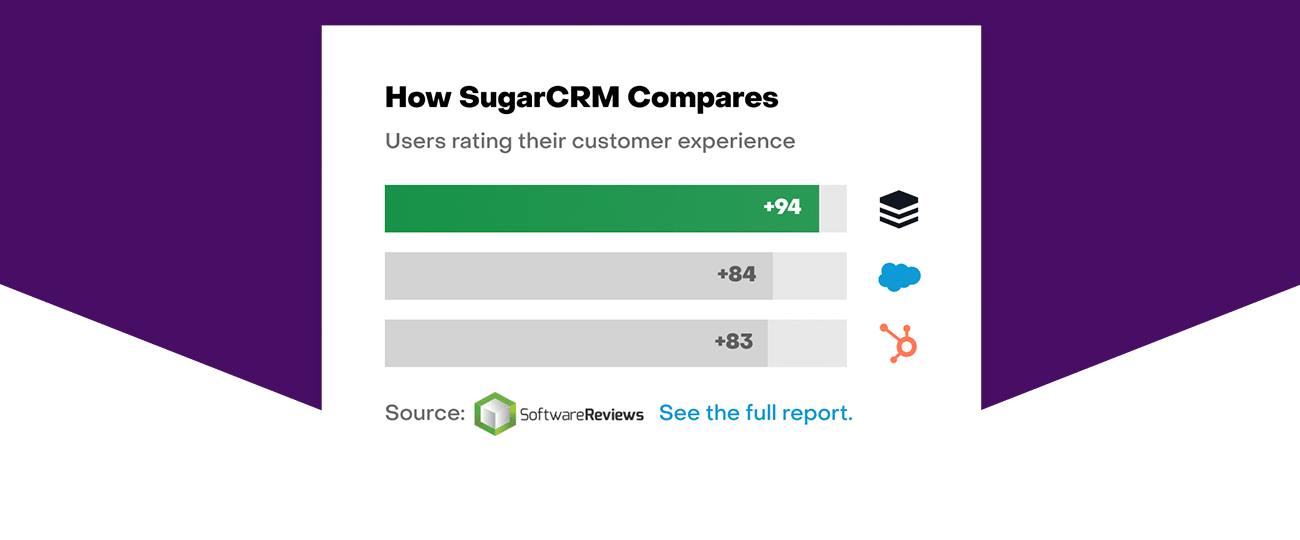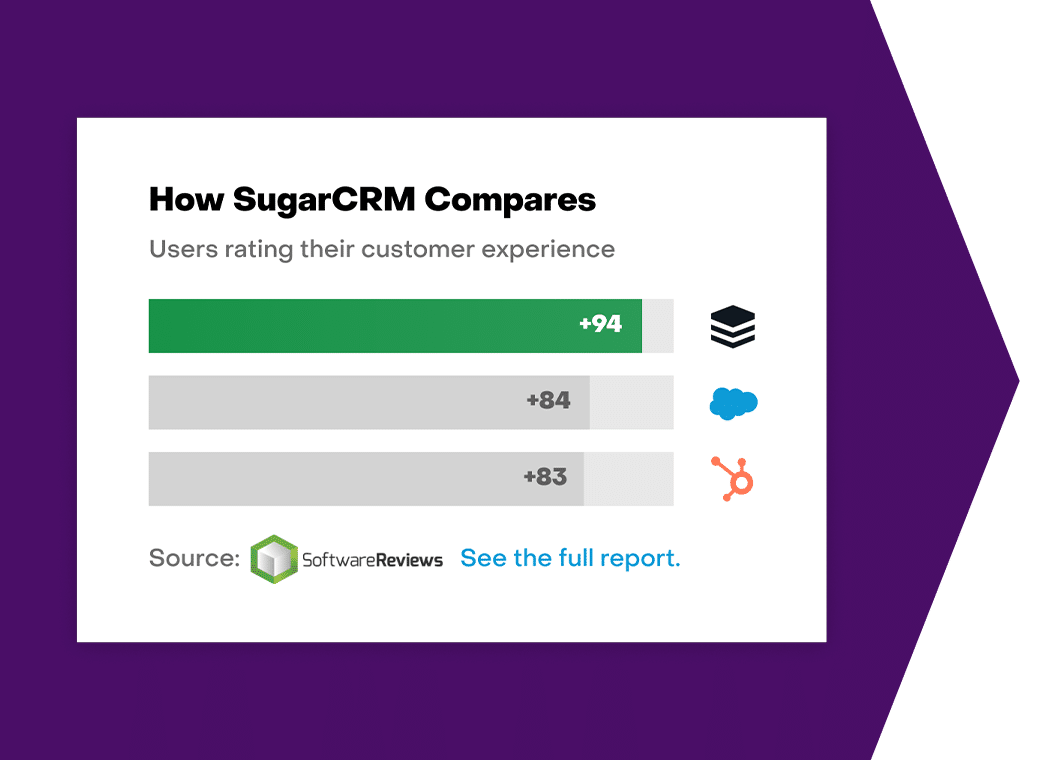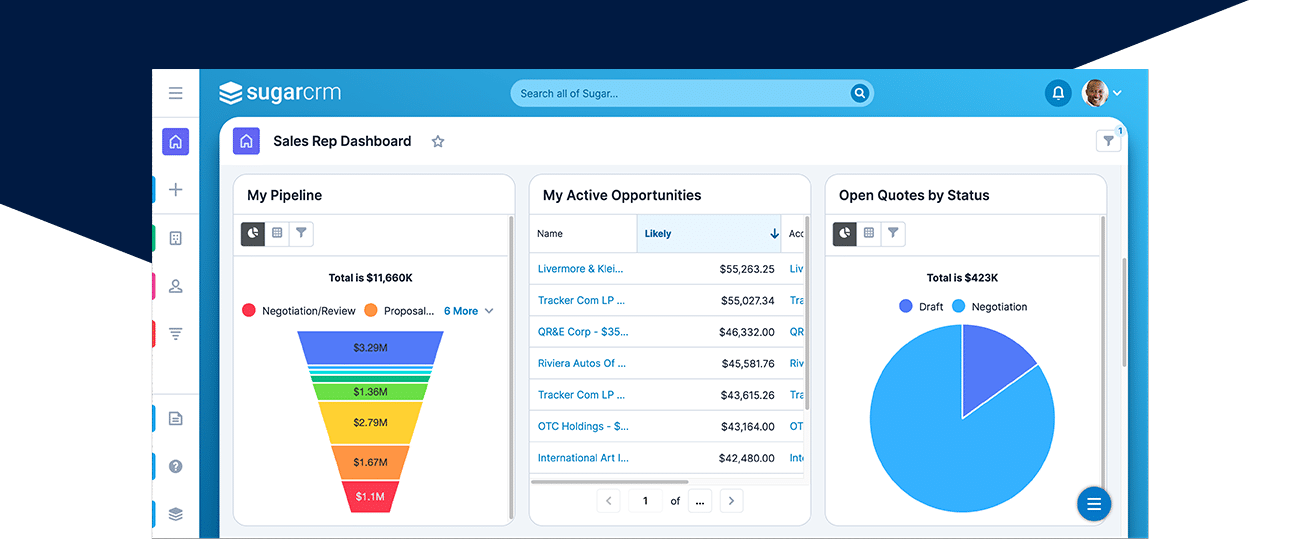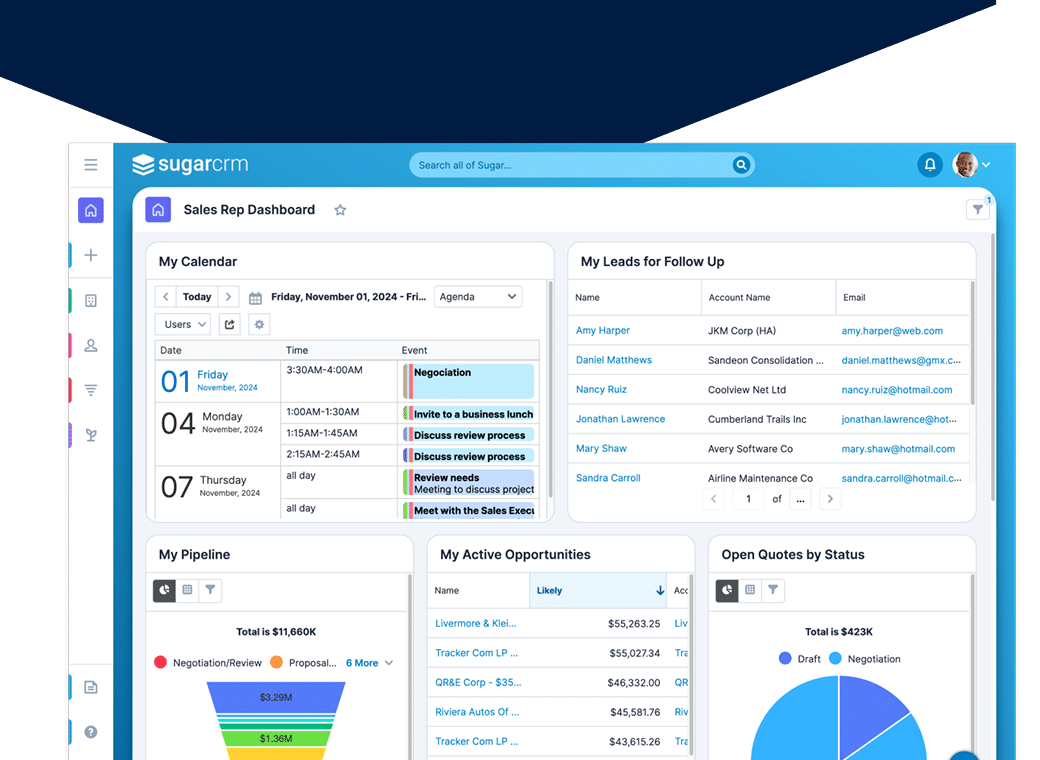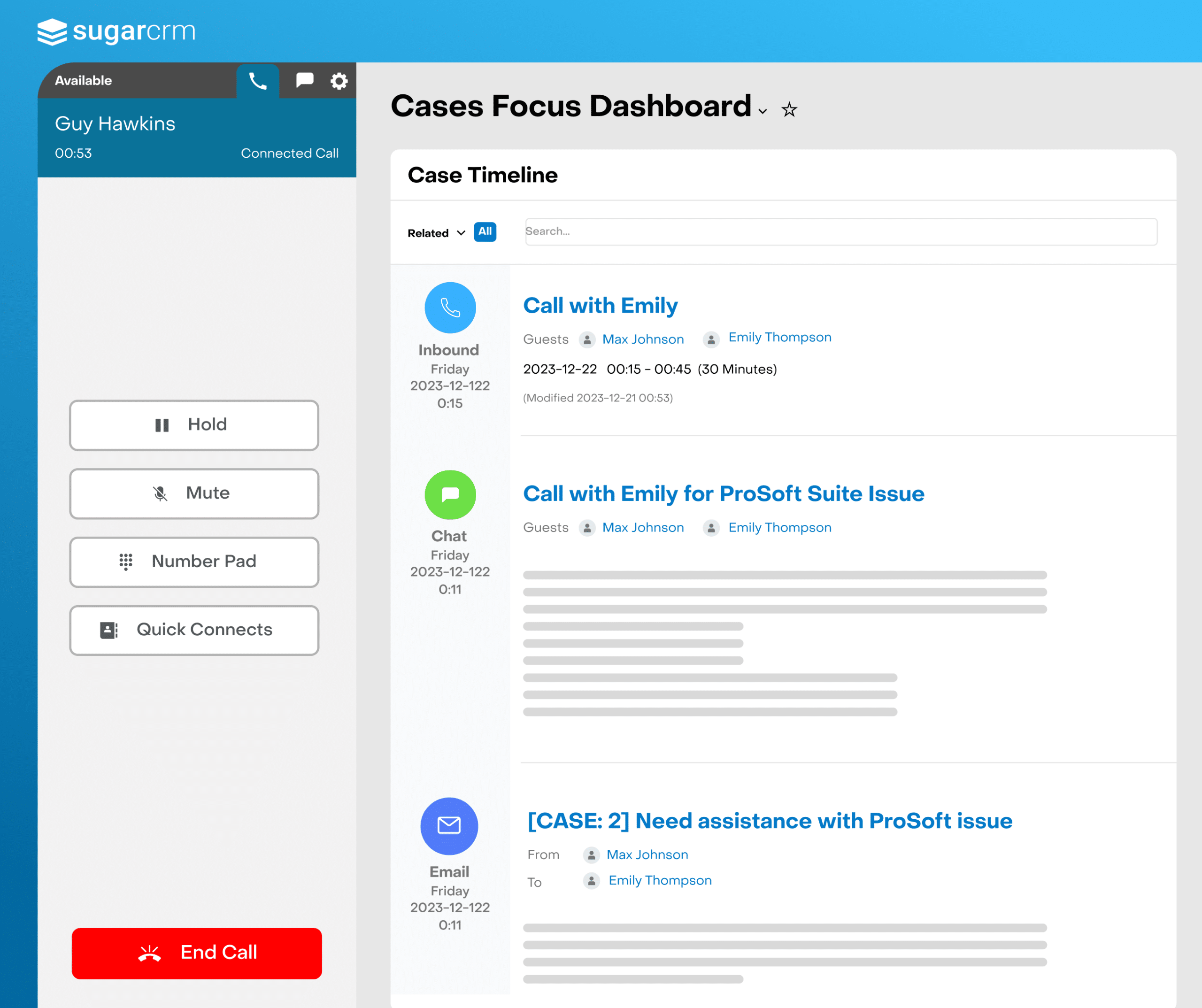10 Quick Tips About ERP Implementation
Businesses today need to find new strategies to remain relevant in the market they serve. While in the past many organizations had a profit-first approach, today the focus falls on keeping customers and stakeholders satisfied. To experience real growth, businesses need to optimize, streamline, and centralize their core business processes and most importantly, data. Only then can they get a full picture of their company’s operations.
Salespeople and customer service reps need to gain the necessary insights to manage customer interactions effortlessly. Enter CRM tools!
But, what about all processes that aren’t focused on sales? A valid question! Here’s where you could use an enterprise resource planning (ERP) solution.
ERP systems are designed to collect data from a wide variety of business processes, including HR, supply chains, manufacturing, procurement, and billing—they make that data more accessible and usable. In fact, a well-implemented ERP can empower its users to eliminate information silos, which will create comprehensive insights, analyses, and reports. So, it makes sense for businesses to consolidate data from both solutions.
If you’re thinking about adopting an ERP solution for your business, it’s important to understand some fundamental concepts before you invest your company’s time and money in it. Below we have 10 important tips about ERP implementation:
What we'll Cover:
10 Tips for a Seamless ERP Implementation
#1. Aim for Higher Productivity and Lower Risks
Robust ERP platforms are capable of automating some of the most repetitive and tedious tasks, such as sending email updates, generating reports and identifying delays, enabling companies to reduce the guesswork and uncertainty of many business operations, as well as changes of human error to occur.
#2. Focus On Improving Insights and Reports.
ERP solutions are a solid source of data that can be used in business operations. However, to be truly effective, all of this data needs to flow to your company’s decision-makers. IAs such, make sure to focus on developing insightful dashboards as well as standard reports. In depth-analytics capabilities are also a mandatory feature to fully profit from ERP solutions’ perks.
#3. Focus on the ERP Modules You Actually Need
There is no one-size-fits-all approach to ERP implementation. Since most ERP software is modular, it gives thousands of possible configurations—right out of the box. Always remember that your ERP solution needs to align with your company’s specific use cases and should be fully integrated with your other tools in the tech stack that you use, primarily your CRM. For a positive ERP experience, assess what features and module you actually need and remove unused functionality.
#4. Go For an ERP That Fits Your Use Cases
Does your ERP require full control over a dedicated, on-site server? And do you have a geographically distributed team that includes people working in the field? If so, cloud-based ERP might make more sense.
#5. Assess the Correct Size of ERP
Depending on your business size, you should research options that match your business. Small companies have vastly different ERP needs than midsize or international business. Search for an ERP partner that understands your size needs and can deliver a solution accordingly.
#6. Planning and Preparation
According to some estimates, 55% to 75% of new ERP implementations fail. And in almost every case, the root cause is a poorly planned, rushed roll-out process. So, take your time, and get it right.
#7. Have a Realistic Timeline
For a successful rollout, you must ensure you find a vendor that can provide an accurate timeline. A good ERP implementation partner is completely transparent about the potential delays you may face along the way, has enough experience to provide estimates in terms of time and resources, which will help you plan in advance all aspects of your launch.
#8. Set a Realistic Budget
Sometimes, new ERP implementations may go way overbudget. Make sure to discuss budget with your vendor in detail. Transparent vendors will take into account all aspects of similar projects. To make everything worth the investment down the line, make sure to choose a system aligns with your business needs and long-term goals. This way, you will see the ROI of your investment in a reasonable timeframe.
#9. Find the Right Implementation Partner.
When deciding whether to adopt an ERP solution, many companies focus on the wrong aspects of a similar project:
- The specific features of ERP software suites
- The length of time the implementation will take
- The amount of money they can shave off the final budget
To keep your project on track, you need an implementation partner who’s willing to take the time to understand your company’s unique needs, challenges, and use cases.
#10. Post-Implementation Tweaks
Most new ERP systems require usability upgrades and improvements after implementation. These post-implementation upgrades should be an essential part of your ERP strategy. Your implementation partner should have a cost-effective plan that will continuously help you improve your results.
Wrapping It Up
Your ERP solution is one of the most important investments your business will ever make. It’s a major expenditure of time, money, and other resources. So, the last thing you want to see is your ERP implementation fail because of a completely avoidable problem. Remember, the most important thing is to get it right, which could involve thinking bigger than just ERP. In many cases, it makes more sense to launch a combined ERP/CRM solution. When you combine your ERP and CRM installations, you’ll have complete visibility of every aspect of your company’s operations.
If you’d like to learn more about the value of an ERP integration, read our Unlocking Manufacturing Growth whitepaper.


